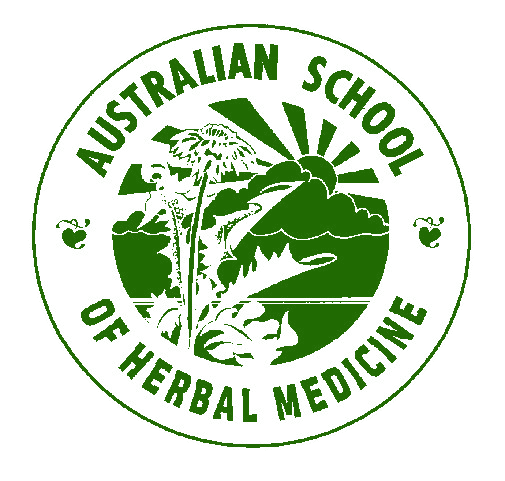
Influenza epidemics have a long history and were first reported in 1610. The most severe and destructive flu outbreaks were those in 1889-90 and 1918, where it is estimated that 20 million people died within a few months and more than 50 times as many were sick. Other wide-spread epidemics include the 1957 Asian flu and the Hong Kong flu in 1968.
The flu is highly contagious and airborne—commonly passed from person to person, by the inhalation of infected droplets into the respiratory tract, as a result of coughing and sneezing. It affects people of all ages and often occurs more frequently during the colder months of the year.
Flu symptoms include chills, fever, headache and a generalised feeling of weakness/pain in the muscles, together with varying signs of soreness in the respiratory tract, head and abdomen. Complications are rare, however elderly people, babies and persons with underlying heart and/or lung disease are susceptible.
PREVENTION
At the onset of cold weather, it is advisable to take some precautions. Avoid contact with others who have influenza and increase your body’s resistance by employing a few simple preventive measures, eg.
• Echinacea root has immune-stimulating activity—take 1 capsule (1000 mg) three times daily.
NATURAL TREATMENTS
Go to bed as soon as symptoms begin, rest as much as possible and drink plenty of water. A tea made of the following herbs is highly recommended for influenza:
• 50 g Elderflower
• 50 g Peppermint
• 50 g Thyme
Directions: Place the above herbs in an airtight container, mix and shake well, and store the mixture in a dark place. Infuse one heaped tsp of herbs with one cup of boiling water for approximately three to five minutes and strain. Drink 2-4 cups throughout the day.
Also, drinking 1-3 cups of Willow bark tea daily will help to control fever and muscle pain, as it contains salicin of which aspirin has been derived.
INHALATIONS: These are excellent for the respiratory mucous membranes—an onion inhalation has disinfectant and healing properties, and can be made by simply boiling a large chopped onion and inhaling the steam.
Find this article interesting? Enrol in our Pain, Symptoms & Recovery Lesson 10 today to learn more about the body’s various defence systems!
